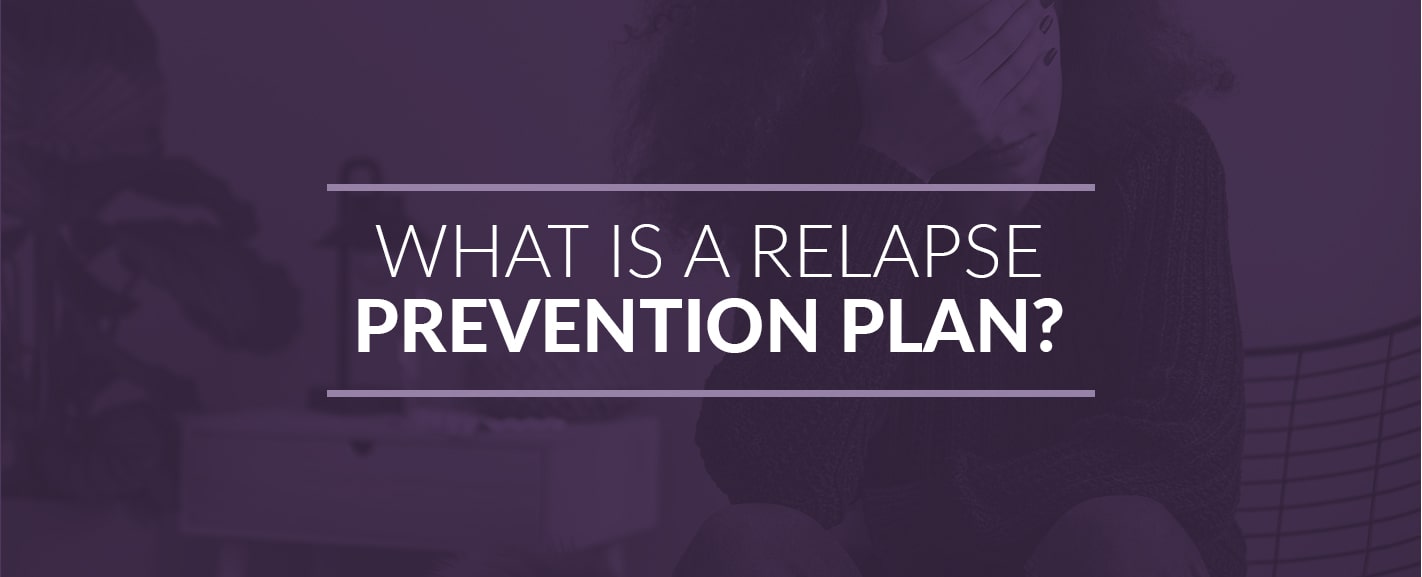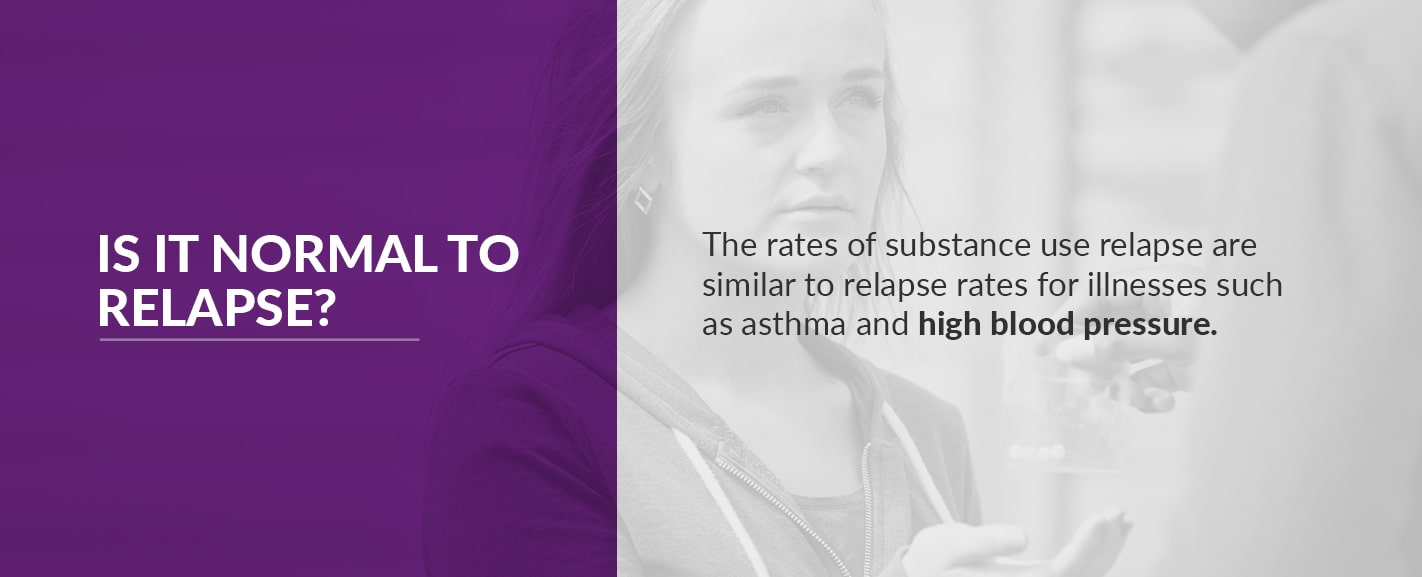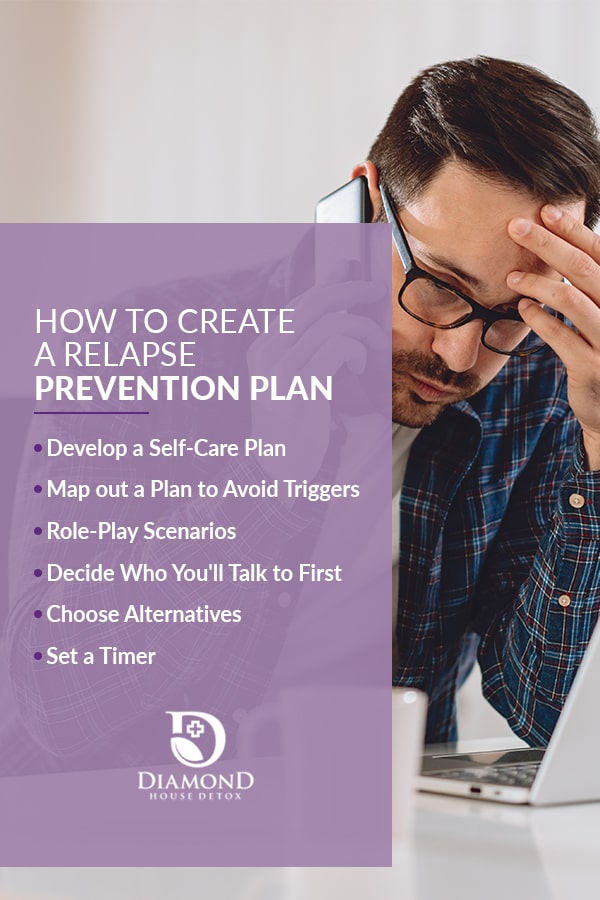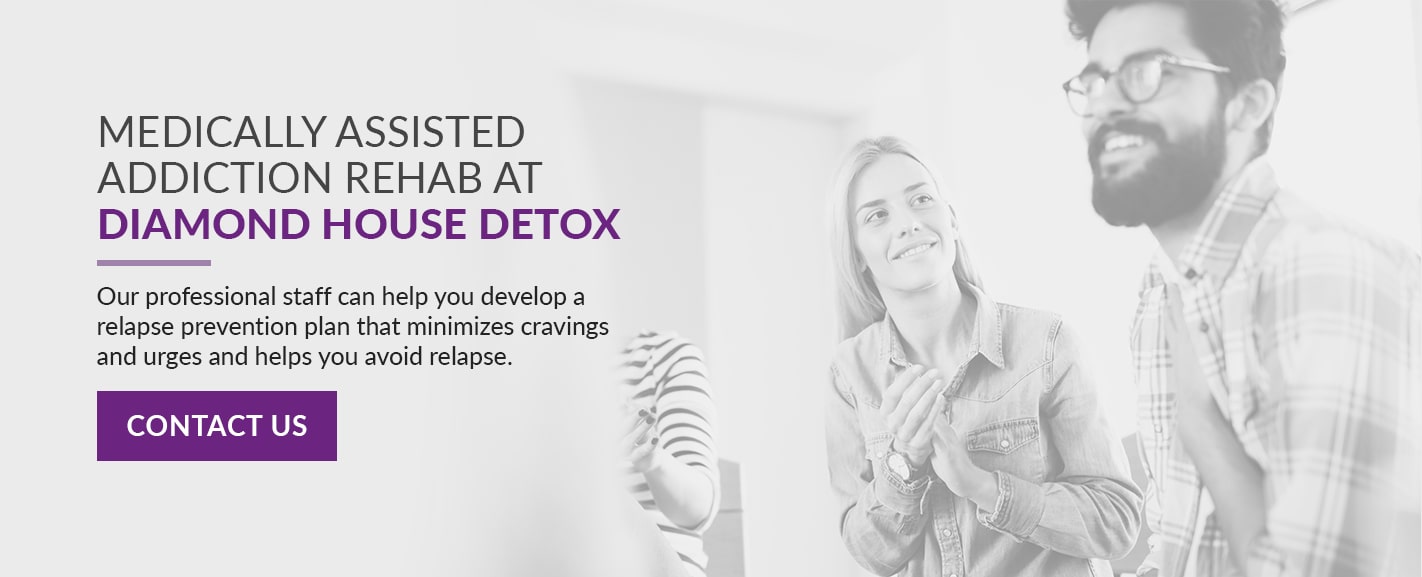

Content medically reviewed by Vicky Magobet, PMHNP-BC, on July 23, 2021.
After working your way through a substance use treatment program, you might feel ready to get back to your life or start fresh. One thing to be aware of as you begin your sober life is the possibility of a relapse. Relapses are common for clients who have completed a substance use treatment program, but they aren't guaranteed.
You can take steps to minimize the chance of falling back into your old behaviors. Learn more about the signs and causes of relapse, as well as relapse prevention strategies and techniques you can use to maintain your sobriety.
In the medical field, a relapse is the return or worsening of a condition that had previously gotten better. For example, when a person in remission for cancer gets a new tumor or the cancer returns, they experience a relapse. Likewise, someone with post-traumatic stress disorder (PTSD) who develops new symptoms after a period without them is experiencing a relapse.
Relapse can also occur when someone has a substance use disorder. In the case of substance use, a relapse can take several forms. If a person has decided to completely abstain from a certain substance, such as alcohol or cocaine, then begins using it again, they are experiencing a relapse. Someone trying to manage or reduce their substance use, such as a person trying to limit their consumption of alcoholic beverages, might have a relapse if they start binge drinking again.
A substance use relapse can be dangerous for several reasons. One of the primary concerns is that relapsing puts a person at an increased risk of overdosing on a particular substance. When someone uses substances for extended periods, their body builds up a tolerance to the substance. It takes more and more of the same drug or alcohol for a person to feel its effects.
After a person has gone through detox and hasn't used the substance for even a short time, the body's tolerance level adjusts. A person might get drunk after just a couple of beers and might be at risk of blacking out after three or four. A dose of heroin or cocaine that previously had little effect on someone might be enough to cause an overdose.
In addition to the physical dangers of relapse, there are also emotional risks to consider. If someone has achieved sobriety, then begins using again, they might feel their efforts have failed. Those feelings can encourage them to continue using or make them feel as if there isn't any point in getting additional help. But relapse is not a sign of failure.
The good news is, although there are risks involved in relapsing, there are also ways to recognize the signs of addiction relapse and to make an addiction relapse prevention plan.

Relapse is relatively common with any chronic illness. The rates of substance use relapse are similar to relapse rates for illnesses such as asthma and high blood pressure. Substance use relapse rates are 40%-60%, while relapse rates for asthma and high blood pressure are between 50%-70%.
Relapse means a person is no longer following the treatment plan prescribed to them. In the case of an illness like high blood pressure, an individual might have stopped taking their medication or might have begun to eat high-sodium foods again. A person with asthma who experiences a relapse might have stopped taking their medicine or avoiding asthma triggers. With substance use, a person might have stopped using the medication they were prescribed to manage cravings and symptoms, or they might have begun using the substance again.
A variety of factors can trigger a relapse in a person. They might be feeling high levels of stress due to their job or family situation. They might have received bad news and started using again to cope. In some cases, a person can relapse by substituting one substance for another. They might no longer use opioids, for example, but might replace those with alcohol.
Often, a relapse is a sign that a person's treatment plan needs to be adjusted to suit their needs better and that they should implement relapse prevention techniques.
Despite the way it's often depicted on TV or in movies, relapse isn't a sudden occurrence. Usually, a person experiencing a relapse will go through several stages and exhibit several signs and symptoms before they start using again. The stages of relapse typically are:
Depending on the circumstances and the individual, the stages of relapse can take several weeks or several months. Learning to recognize the signs of relapse in yourself or a loved one can help with addiction relapse prevention.
Relapse prevention planning can help stop a relapse before it starts or help a person get back on track if they begin to experience the early stages of relapse. Although the hope is someone will stick with their treatment plan after leaving a recovery program, it's also helpful to be realistic and remember that up to 60% of people relapse. Relapse isn't a sign of failure and doesn't reflect on the character or quality of an individual.
Instead, it's often a response to external stressors in an individual's life, such as financial concerns, work problems and relationship issues. For some people, images, smells or sounds can trigger the beginning of a relapse. Having a plan in place and developing prevention strategies will help you navigate any challenges life throws your way as you work to stay substance-free.
As you start putting together a substance use relapse prevention plan, it's important to understand what goes into the plan. Knowing what triggers you, who you can turn to for help and what lifestyle habits will help you avoid using can potentially minimize the chance of a relapse. Include the following components in your plan:

After you've reflected and considered the various components of an effective relapse prevention plan, it's time to develop strategies and techniques to put your plan into action. Although you can create a plan on your own, you might find it beneficial to work one-on-one with a counselor who is familiar with your treatment plan and the progress you've made so far. From there, you can follow these tips for creating a relapse prevention plan:
During the emotional stage of relapse, it's common to feel anxious, exhausted, depressed, hungry or some combination. Work with your therapist to develop a plan that allows you to care for yourself to minimize those negative feelings.
If you often don't get enough sleep or sleep too much, for instance, set a time to go to bed each night and a wake-up time. Use an alarm to get out of bed in the morning. To help yourself wind down at night, stop using your phone or other screens at least a few hours before bedtime. Engage in relaxing activities, such as meditation or soaking in a bath, to help calm your mind and manage your exhaustion.
Although you can't always avoid triggers, you can steer clear of some. If there are people who you would use with and you're concerned that seeing them again will trigger you, block them. Stop following them on social media and consider blocking their numbers on your phone. If driving by a certain liquor store makes you want to stop in to buy alcohol, come up with alternative routes when running your errands.
In the mental stage of relapse, your brain might be trying to reason with you that you'll only have one drink or that you'll stop before things get out of hand. Before you listen to what your brain is telling you, think back to previous situations where you thought you'd just have one. What really happened? Remembering past situations and what came out of them can be an effective strategy for preventing a relapse.
Know who you can call when you're in the emotional or mental stages of relapse or when you feel you're about to move into those stages. Your first point of contact can be your therapist or your closest friend or a relative. What matters most is that they're the person who will pick up the phone and help you out when you're worried about relapsing.
Having alternatives available when you feel the urge to use can help you avoid a relapse. If you feel anxious, you might try to burn off some of your anxiety with a run or a high-intensity workout. Another option might be to go to a 12-step meeting when you're feeling cravings or call a friend in your support network.
The most intense cravings or urges typically don't last long. When you feel the need to use again, set a timer for 30 minutes. During that time, do other things, such as housework, paid work or reading. By the time the timer goes off, you might not even remember why you set it in the first place.

Whether you have completed a residential stabilization program for drug or alcohol use or are currently receiving addiction therapy, the medical team at Diamond House Detox can help. Our professional staff can help you develop a relapse prevention plan that minimizes cravings and urges and helps you avoid relapse. Contact us today to learn more.
Sources: